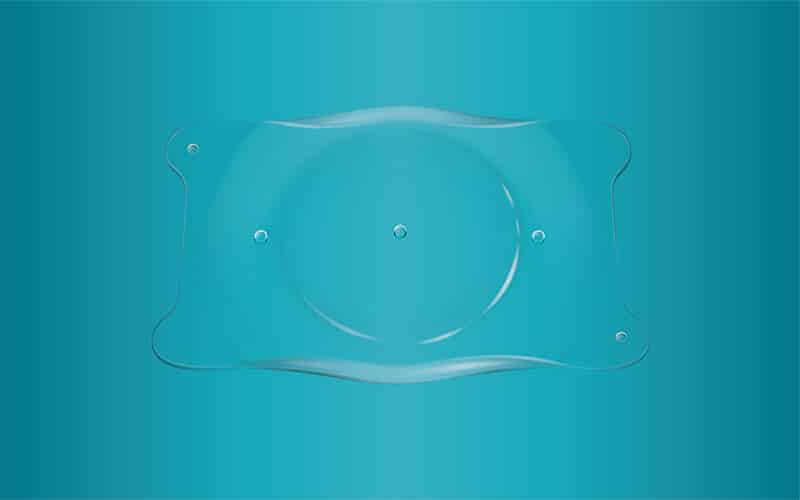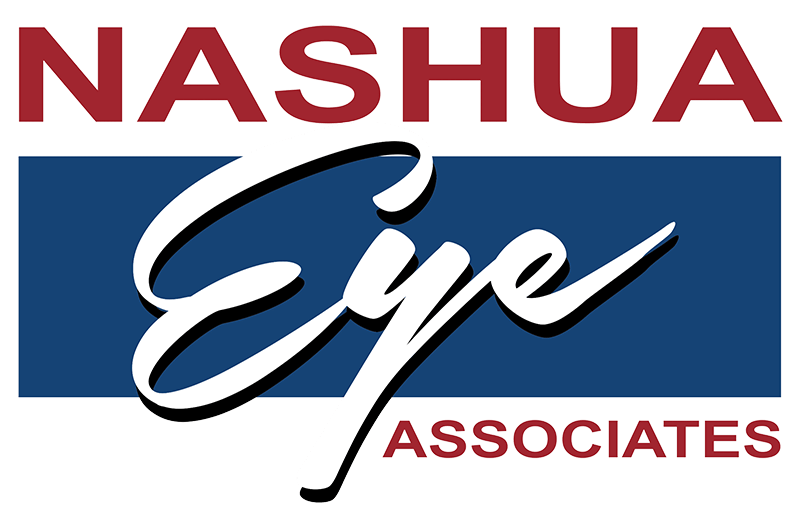Home » Services » ICL
ICL
What is an ICL?
An implantable contact lens (ICL) is a lens placed in the eye to correct nearsightedness or astigmatism. The goal of an ICL, like laser vision correction, is to achieve great glasses-free vision. ICLs are made of an extremely biocompatible material. They have been FDA approved in the United States since 2005. Since then, the materials, size, shape, and permeability have been fine-tuned for best safety and effectiveness. Surveys report that 99.4% of individuals who had ICL surgery would gladly have the procedure again.
Candidates for an ICL are ages of 21 to 45 who have myopia (nearsightedness) and astigmatism. An ICL does not treat farsightedness (hyperopia). An ICL can treat amounts of nearsightedness previously untreatable by laser vision correction, including LASIK and PRK. The Visian ICL is approved to treat up to -20 diopters of nearsightedness. As a comparison, the average LASIK patient has 3 or 4 diopters of nearsightedness.
As a result, an ICL is a wonderful option for individuals who previously could not have their vision treated by laser vision correction because of their amount of nearsightedness or thin corneas.
Dr. Purak Parikh at Nashua Eye is performing ICL procedures. He is using the most updated ICL, the EVO Visian ICL lens, which was FDA approved in 2022. This ICL has been implanted internationally for several years with great success. Dr. Purak Parikh is excited to offer this service to individuals who wish to be glasses-independent, and may not be suitable laser vision correction candidates.
The procedure consists of careful measurements of the size and shape of the eye. The eye is numbed, the implant is placed into the eye, and positioned in the space behind the iris and in front of the natural lens. Postoperatively an eyedrop is used during healing. Most patients are comfortable to drive, read, and do their normal activities the day after surgery. Care is taken two avoid rubbing, or bumping the healing eyes for the first week.
The goal of an ICL is spectacle independence for distance vision. As patients reach their forties, they will begin to need help with reading glasses for near vision, as all individuals do.
The risks of an ICL procedure are extremely unusual and similar to many procedures, including rare bleeding and infection. In the unlikely circumstance that it is warranted, an ICL is reversible, and can be removed from the eye. ICLs are appropriate for individuals who have stable vision and do not have other eye problems such as glaucoma, cataracts, or lazy eye (amblyopia).
Like laser vision correction, the ICL procedure is uncovered by insurance, because insurers consider the procedure “cosmetic”.
If you are interested in achieving glasses and contact lens independence with an EVO Visian ICL, call our Vision Correction Coordinator at (603) 689-9323.
ICL Articles
Want to learn more about ICL’s at Nashua Eye? Here are some commonly asked questions. If you are interested in the ICL procedure, call a Nashua Eye Associates surgical coordinator at 6036899323.





